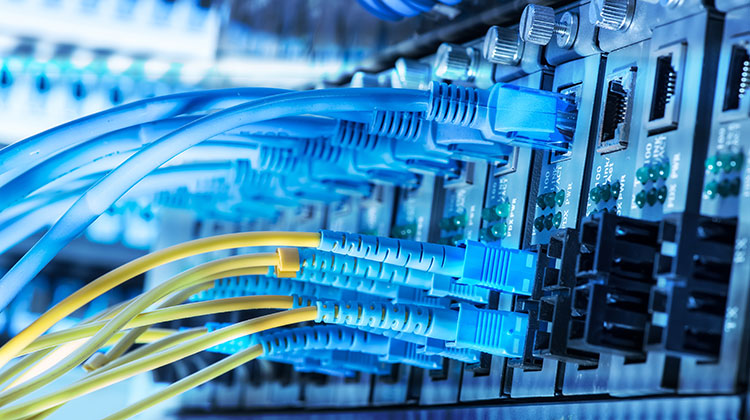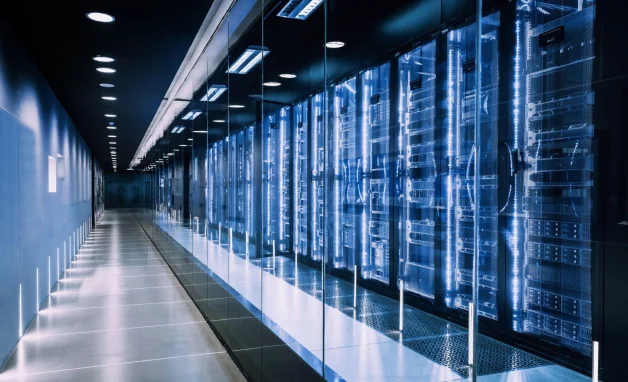Computer networking and infrastructure installation and maintenance are critical components of modern business operations. At Nikola, we specialize in providing comprehensive solutions to design, implement, and support robust networking environments tailored to your organization’s needs.
Effective internal communication is essential for the smooth operation of any organization. At Nikola, we specialize in the installation and maintenance of robust internal communication networks that facilitate seamless collaboration and information sharing within your organization. Our experienced team of network engineers will design and implement tailored solutions to meet your specific requirements, ensuring reliable connectivity and optimal performance.


Setting up an internal communication network involves several steps and considerations, especially in a business or organizational context. Here’s a detailed description of what’s typically involved in the installation and maintenance of such a network.

Evaluate the organization’s communication needs, including the number of users, types of devices computers, phones, printers), and the desired network capabilities (wired, wireless, or a combination

Create a network diagram detailing the network components, such as routers, switches, access points, and cables.

Source and purchase necessary networking hardware and software components. Ensure compatibility and scalability of the equipment with the planned network design.

Install network cables (Ethernet, fiber optic) based on the network design. Set up network racks, cabinets, and patch panels to organize and manage cables efficiently

Configure routers, switches, and access points according to the network design. Implement security measures like firewalls, VPNs, and encryption protocols

Conduct network testing to ensure connectivity, speed, and reliability. Optimize network settings for performance and security
Ans. Consider factors such as your current network size, future scalability needs, budget, and specific requirements (e.g., speed, security features). Consult with networking experts to assess your needs accurately.
Ans. Common issues include slow network speeds, connectivity problems, security vulnerabilities, and hardware failures. Regular monitoring and maintenance can help prevent and address these issues.
Ans. The frequency of upgrades depends on factors like technological advancements, growth in network traffic, and security requirements. Generally, upgrading every 3-5 years is recommended for optimal performance
Ans. Regularly update firmware and software.
Implement security measures like firewalls and encryption.
Conduct routine network performance monitoring.
Keep detailed documentation of network configurations.
Train IT staff on troubleshooting and maintenance procedures.
Step into the future of technology with our innovative IT solutions
Copyright © 2024 NikolaMena | All Rights Reserved
